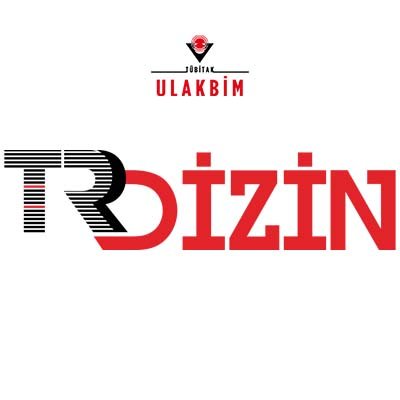This study was conducted to determine the leadership style perceptions of team sports and individual sports participants regarding their current coaches. The research was carried out by the participants of the team and individual sports branches carried out by the Istanbul Metropolitan Municipality (IMM) Sports Istanbul. Within the scope of the research, football, basketball, and volleyball from team sports; from individual sports; tennis, fitness, and swimming branches are discussed. A total of 181 people participated in the research, of which 114 were teams and 67 were individual sports. To determine the leadership style, The "Leadership in Sports Scale (SLS), was used. Data analysis was performed using SPSS (Statistical Package for the Social Sciences, IBM, SPSS. Corp. Armonk, New York, USA) 22.0 program. The validity level of the Leadership in Sports Scale (SLQ) was 0.88 (good), and the reliability level of Cronbach's Alpha was 0.89 (high). The highest average of the team and individual sports participants in the SLQ sub-dimensions was found in the educational and supportive behavior, and the lowest average in the autocratic behavior sub-dimension. There is a significant difference between the sub-dimensions of democratic behavior (in favor of team sports participants), educational and supportive behavior (in favor of team sports participants), positive feedback behavior (in favor of team sports participants) among team or individual athletes, in terms of the sport being a team or individual sport variable. has been done. A significant difference was found in the age variable of team sports participants (in autocratic behavior sub-dimension, in favor of those over the age of 18), in the variable of working years with the trainer of individual sports participants (in favor of those who worked with their current coach for less than 1 year in the democratic behavior sub-dimension) (p < .05).
Cite this article as: Karahan, B., & Mutlutürk, N. (2023). Comparison of Leadership Traits of Coaches in Team and Individual Branches: The Case of İBB Spor İstanbul. Research in Sports Science, 13(1), 23-28.


.jpg)


.png)


